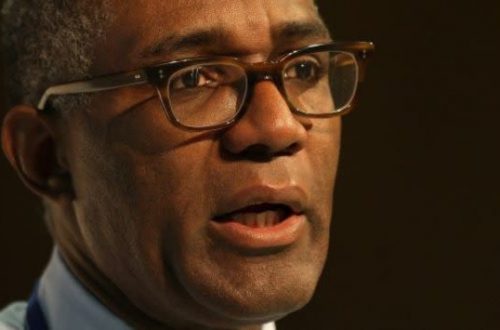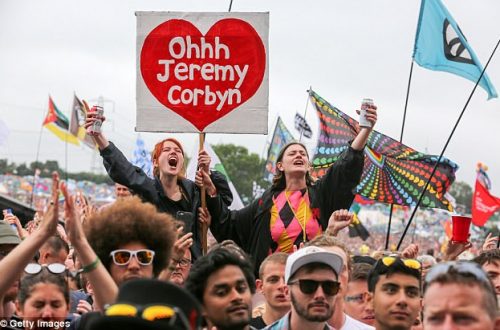I have a short “reaction” piece to Navid Akhtar’s Channel 4 documentary, “Young Angry and Muslim” which is published on OpenDemocracy alongside a number of other excellent short articles: all of which are worth reading.
There’s nothing exotic or alien about the subjects of Navid Akhtar’s portrait of the lives of British people of Pakistani origin. I grew up on the east London-Essex border, with the children of parents who – like mine – came to this country in the last few decades. In many respects, our lives mirror those of the subjects of this film. Some are Muslim, some are Hindu, some are Sikh. All of us have experienced, to some degree, the sense of mild disorientation which is part and parcel of growing up with one foot in the shifting sands of British life and the other in the welcoming, bullying, culture of seemingly timeless communal values.
A generation on, the way of life maintained by parental fears and aspirations has begun to slip away. For most of us, this didn’t matter, because we had other things to fill our time. Most of us fell in love – sometimes with people from a different cultural background from that of our parents – had children, and focused on home and work. A few of my friends have retreated from the struggle and embraced a pastiche of a traditional lifestyle. And one – like Fatima Khan in Navid Akhtar’s film – became an activist with al-Muhajiroun.
What none of my contemporaries experienced was the degree of social isolation, mental-health crises, and poverty that blighted the lives of some of Akhtar’s interviewees. But it didn’t take poverty to turn Omar Saeed Sheikh into a jihadi. This is an ideology in search of a constituency.
Navid Akhtar believes is that there is little point in turning to the Mawdudists of the Muslim Council of Britain for answers. He is right. These are men who have little worth saying to their grandchildren about a modern British Muslim identity. But members of Hizb-ut-Tahrir who dream of the restoration of a vanished caliphate, and other young activists of the far right, do not hold the key to unlock the potential of a disappointed generation. Listen to what they have to say, certainly, but remember that all religious-political movements hand power and authority to those who have the time, inclination, and temperament to construct a firm theological basis for their identity. That is no foundation for a democratic and pluralist culture.
Between those two poles is a commonwealth of people trying to create a secure life for themselves and their families. Some of them, like Javaid, a recovering drug addict, will have leveraged religious and cultural identity to find practical solutions to personal crises. Others like Fatima move into revolutionary jihadi politics for a few years, and then out again. But the voices we need to hear more of are those who live unremarkable lives, combining modernity with tradition, who rarely if ever make the headlines. I’m thinking of people like Ateeque Sharifi, an Afghan refugee whose passions were the gym, the mosque and computers, and who died in Tavistock Square on 7 July 2005.
Here is the problem. In the wake of the terrorist attacks on London, the lighthouse beam of government policy has focused on British Muslims, and everybody is blinking in the glare.


